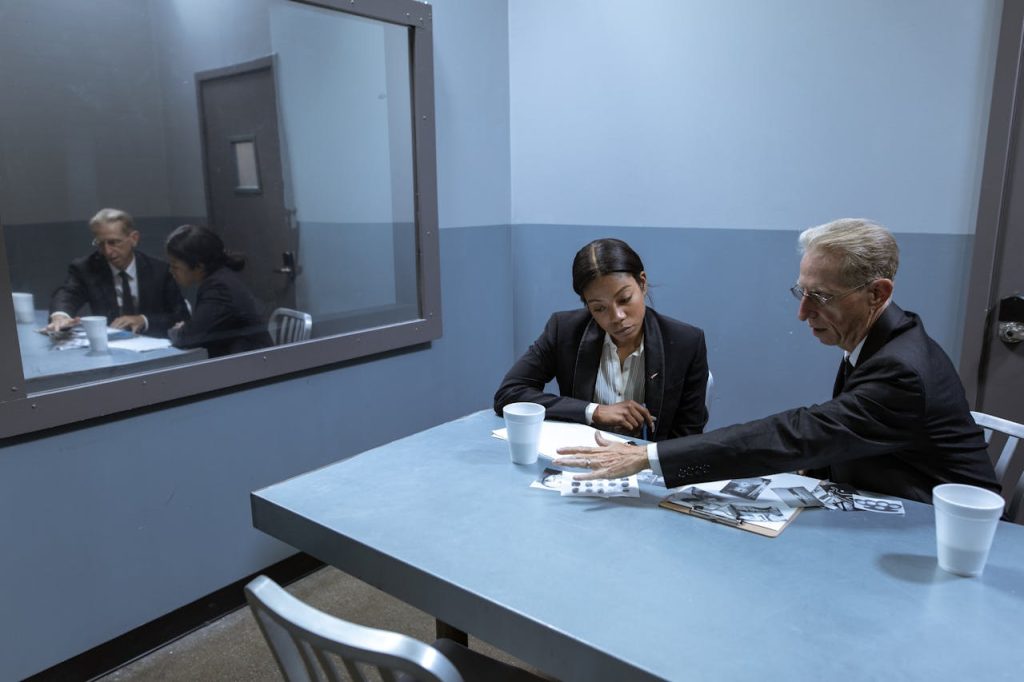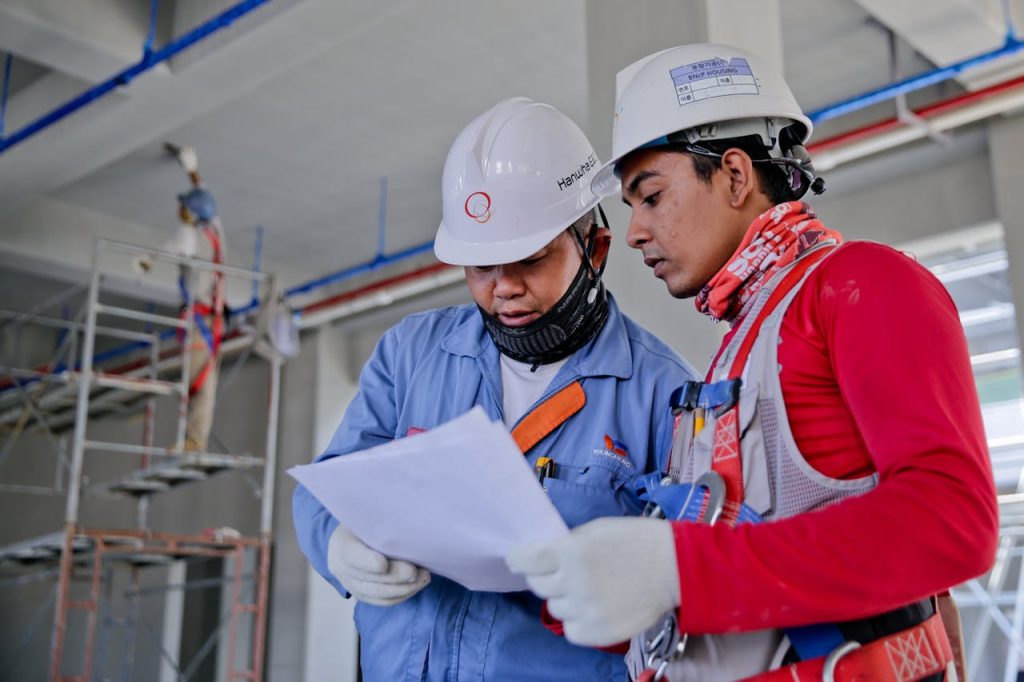Teaching English abroad is an exciting opportunity that many South African educators explore. For those just starting out, the variety of certifications required can seem overwhelming, especially when trying to understand which credentials open doors quickly. Among the most popular, the 120-hour TEFL course is often considered a standard starting point. Many teachers ask themselves whether is a 120 hour TEFL certificate enough for South African teachers to qualify for international positions.
This certification provides a strong foundation in teaching English, covering lesson planning, grammar instruction, and classroom management. Its affordability and accessibility make it an appealing first step for educators looking to gain practical experience. However, not all schools or countries treat the 120-hour certificate equally. Requirements differ depending on the level of instruction, type of learners, and local regulations.
Aspiring teachers must carefully consider their goals. While a 120-hour TEFL certificate can launch a teaching career, its sufficiency depends on the destination, learner age, and type of institution. Understanding these distinctions is critical to avoiding disappointments and ensuring a smooth entry into the teaching profession.
Understanding the 120-Hour TEFL Certificate
A 120-hour TEFL certificate equips teachers with essential skills to guide English language learners effectively. It usually covers core topics such as lesson planning, grammar, vocabulary teaching, and classroom management strategies. For South African educators, this credential signals a readiness to teach, especially for entry-level positions abroad.
The course is practical, focusing on real classroom scenarios and providing strategies for handling diverse student needs. While valuable, it’s important to remember that a 120-hour TEFL certificate is considered entry-level. More advanced roles often require additional experience or further certifications.
For some positions, particularly in private language schools or volunteer programs, this level of certification is entirely adequate. These settings typically focus on beginner-level learners or conversational English.
When a 120-Hour TEFL Certificate Is Enough
Teachers often wonder if is a 120 hour TEFL certificate enough to qualify for international jobs. In many cases, it is. The certificate generally meets minimum requirements for roles such as:
-
Teaching in volunteer programs: Short-term community projects and language initiatives often accept teachers with 120-hour TEFL certification.
-
Entry-level positions at language schools: Beginner-level classes usually do not demand advanced training or experience.
-
Online English tutoring: Many platforms for children or casual learners accept this certification as sufficient proof of competence.
In these situations, the certificate demonstrates that a teacher understands essential lesson planning, classroom management, and engagement techniques.
Additionally, this certificate allows educators to gain experience while evaluating whether further study is necessary. Its affordability and quick completion make it a practical first step for those eager to start teaching.
When It Might Not Be Enough
Despite its usefulness, the 120-hour TEFL certificate is not universally sufficient. Certain teaching environments and more competitive positions require additional qualifications or experience.
-
University-level or specialized schools: Institutions with higher academic standards often expect a degree in education or advanced TEFL certification.
-
Exam-focused courses: Teaching IELTS, TOEFL, or Cambridge preparation requires training beyond the basics.
-
Countries with strict regulations: Some nations mandate additional certifications or formal education requirements.
Teachers targeting these roles may find that a 120-hour certificate alone is limiting. To maximize opportunities, they might pursue extended TEFL programs, additional teaching practicum hours, or subject-specific certifications.
Aligning Your Career Goals
To decide if is a 120 hour TEFL certificate enough, it’s essential to match certification with career objectives. Understanding employer expectations, desired teaching destinations, and student levels helps clarify whether further training is needed.
Practical experience is equally important. Volunteer work, tutoring, and internships can complement certification, enhancing employability. Employers value demonstrated teaching ability, adaptability, and initiative, which often outweigh purely formal qualifications.
Consider also future growth. For long-term teaching abroad, pursuing specialized modules such as teaching young learners, business English, or online instruction can significantly enhance career prospects.
Maximizing the Value of a 120-Hour TEFL Certificate
Even when a 120-hour TEFL certificate meets minimum requirements, teachers can increase its effectiveness by combining it with practical experience and continuous learning.
-
Gain hands-on experience: Volunteering, internships, or tutoring allows teachers to apply skills in real classrooms.
-
Add specialized training: Workshops, webinars, and short courses in business English or online teaching strengthen your profile.
-
Stay aware of international standards: Understanding regulations and employer expectations ensures you are prepared for any teaching opportunity.
By blending certification with experience and ongoing professional development, South African teachers can confidently pursue a variety of teaching roles abroad.
For many educators, a 120-hour TEFL certificate provides the foundation needed to begin teaching English internationally. For volunteer programs, entry-level language schools, and online tutoring, it is often entirely sufficient. Yet for advanced academic institutions, exam preparation courses, or regulated countries, additional certification or experience may be required. Evaluating personal goals, desired teaching environments, and professional aspirations ensures that teachers are fully prepared to make the most of their TEFL certification.










